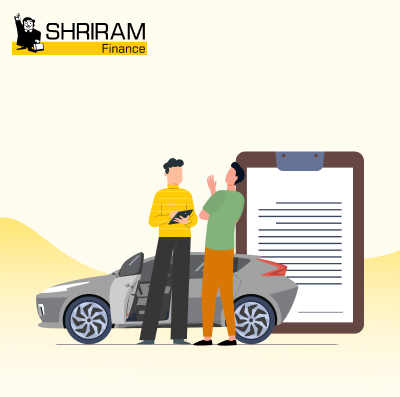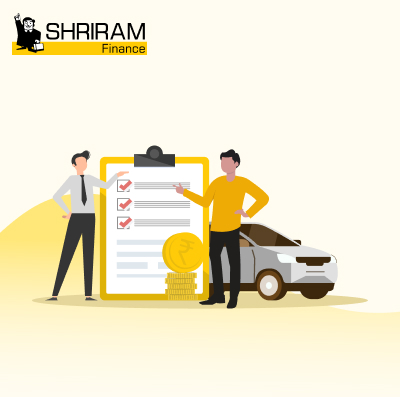Buying a used car for the first time can be an exciting yet challenging experience, especially when financing the purchase. Unsecured loans allow applicants to get financing without providing collateral. However, unsecured loans typically have higher interest rates compared to secured loans.
First-time used car buyers should thoroughly research and understand all their financing options to make the best financial decision. To learn about the pros and cons and important factors of unsecured loans for first-time used car buyers, read this article.
Things to Consider before Applying for an Unsecured Used Car
Below are some important factors to consider before applying for unsecured loans for first-time used car buyers:
1. Understand Your Budget
The first critical factor is understanding precisely how much you can afford for total monthly payments. Carefully calculate a budget that includes the loan payment, insurance, fuel costs, maintenance, and any other ownership expenses. Banks, non-banking financial companies (NBFCs) and other financial institutions will review this budget calculation closely before approving an unsecured loan. Underestimating budget needs is one of the most common mistakes made by first-time buyers.
2. Check Interest Rates
Yet another major factor is interest rates for first-time buyers, which are usually higher for unsecured loans compared to secured loans backed by collateral. Thoroughly research and compare current interest rates from different financial institutions and online lenders before applying. Get pre-qualified to see estimated rates based on your individual credit history and income level. The exact interest rate will dramatically impact your total loan cost.
3. Understand Loan Tenure
Another key factor is the tenure of the loan, which directly impacts monthly payments and total interest costs. Longer repayment tenures, for example, of 48 months or more, mean lower monthly payments but much higher overall costs due to accruing interest charges over an extended timeframe. Carefully select the shortest tenure you can afford each month to minimise total loan expenses.
4. Look for Down Payment Percentage
Assess is your potential down payment, which can significantly reduce the principal to be borrowed. While unsecured loans don’t require a down payment, it’s a good idea to save and pay at least 10-20% upfront if you can. This lowers the loan amount, so you pay less interest over time.
5. Consider All Lender Fees
Account for all additional fees that loan providers charge over the tenure of the loan, such as used car loan application fees, origination charges and late payment fees. These can noticeably increase costs, especially if you struggle to make payments on time every month. Ask lenders to provide full disclosure on fees in simple terms before signing. Also, avoid prepayment penalties.
6. Look for Dealer Financing Offers
Dealers often promote special financing offers to quickly sell used inventory, but these headline rates frequently come with limitations or higher long-term costs. Thoroughly compare any dealer's unsecured loan terms with pre-approved loan offers from your bank or financial company.
7. Check for Insurance Requirements
Factor in auto insurance, which is mandatory for any financed vehicle but varies widely in pricing. Get multiple insurance quotes before finalising a used car purchase to accurately budget for this monthly expense over the loan repayment term.
8. Look at Alternative Financing Routes
Besides unsecured loans, consider evaluating other financing options such as a secured loan using an existing asset as collateral, borrowing from family or paying in cash. Compare interest rates and terms for each alternative to make the best choice.
9. Understand Credit Score Impact
Note that all loan applications and checks of your credit history may temporarily lower your credit score if it is done in a short period of time. Building a strong credit score only occurs through consistent on-time loan payments over the full repayment period.
10. Read Contracts Closely
Be meticulous and read the full loan contract from start to finish before signing any paperwork. Make sure you thoroughly understand all repayment options for used car loans, interest charges, lender fees and potential penalties for late payments. Ask many questions.
Conclusion
Buying and financing a pre-owned vehicle requires weighing many financial factors, budgeting for used car loans properly, understanding contracts fully and maintaining excellent payment diligence.
While unsecured loans allow first-time buyers to get financing without down payments, do your research to ensure affordable payments over the loan repayment term. With proper diligence, getting an unsecured used car loan can be straightforward.































